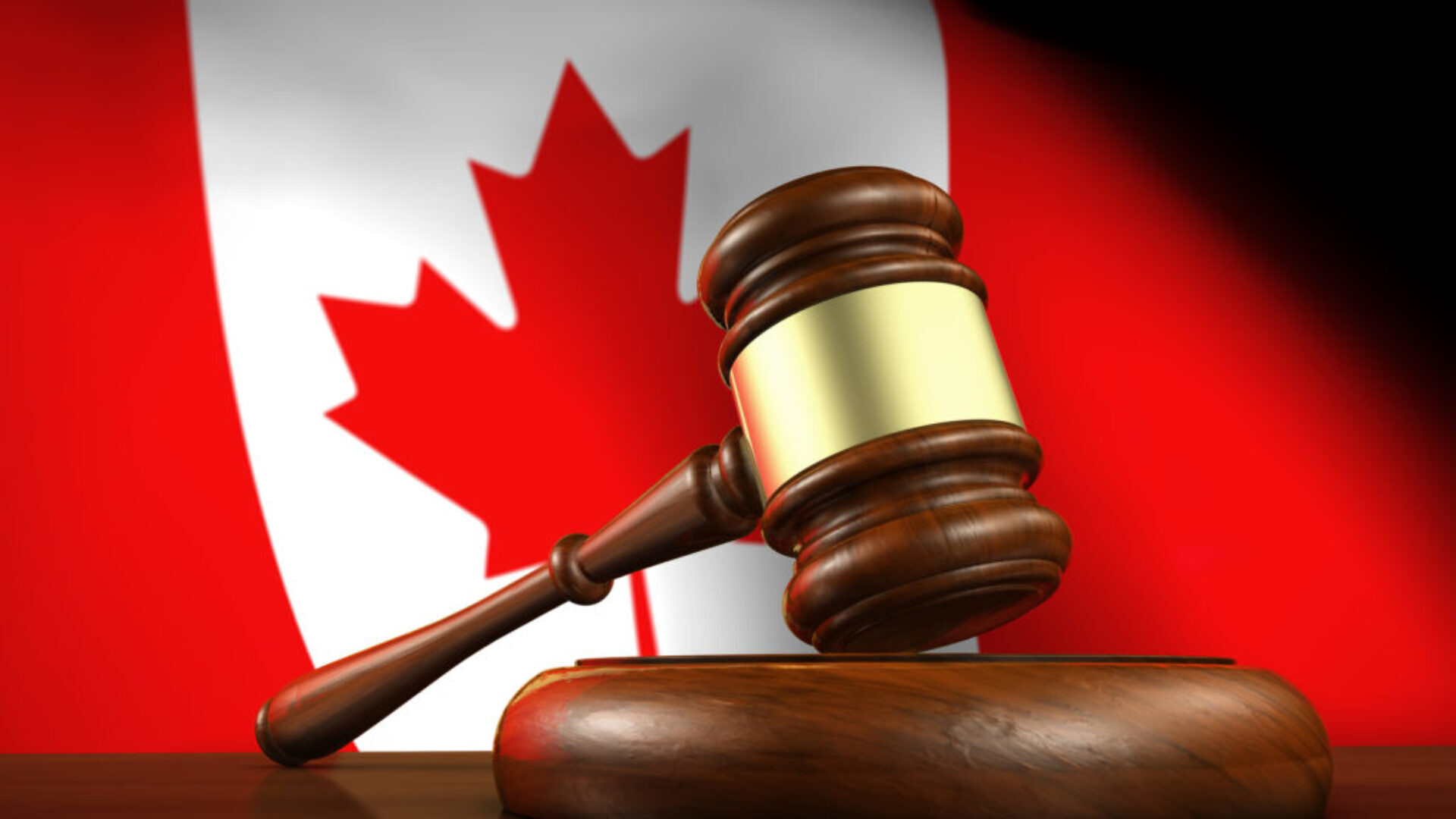Person in Need of Protection

Title: Navigating Vulnerability: The Complex Landscape of Persons in Need of Protection in Canada
Introduction:
Canada, as a nation with a strong commitment to human rights and social justice, places a significant emphasis on providing protection to individuals who find themselves in vulnerable situations. The category of "Persons in Need of Protection" (PNPs) is a crucial component of Canada's immigration and asylum system, encompassing individuals fleeing persecution, violence, or other forms of harm in their home countries. This exploration aims to delve into the multifaceted dimensions of the protection framework for such individuals in Canada, encompassing legal foundations, application processes, challenges, and the societal integration of those granted protection.
I. Legal Foundations of Protection:
- Refugee and Immigration Laws:
- Canada's legal framework for protection is rooted in international conventions, including the 1951 Refugee Convention and its 1967 Protocol. Analyzing how these conventions are incorporated into Canadian immigration and refugee laws provides insights into the legal obligations and rights afforded to individuals seeking protection.
- Persons in Need of Protection (PNP) Status:
- Understanding the criteria for being recognized as a Person in Need of Protection in Canada is crucial. Delving into the legal definitions, eligibility requirements, and the decision-making process sheds light on how the system distinguishes those genuinely in need of protection.
- Legal Representation and Access to Justice:
- Access to legal representation is fundamental for individuals navigating the complex asylum process. Analyzing the availability, affordability, and effectiveness of legal services for PNPs contributes to a comprehensive understanding of the role of legal representation in ensuring a fair and just process.
II. Application and Decision-Making Process:
- Asylum Application Process:
- Exploring the step-by-step process of applying for asylum in Canada, including the documentation required and the interviews conducted, provides insights into the practical challenges faced by individuals seeking protection.
- Decision-Making and Appeals: Person in Need of Protection
- Examining the decision-making process within the Immigration and Refugee Board (IRB) and the avenues for appeal helps assess the fairness and effectiveness of the system. Understanding how decisions are reached and the recourse available to unsuccessful applicants is crucial for evaluating the overall protection framework.

III. Support Systems for Persons in Need of Protection: Person in Need of Protection
- Settlement Services:
- Upon being granted protection, individuals often require support to integrate into Canadian society. Analyzing the settlement services available, including language training, cultural orientation, and social support, contributes to understanding the role of these services in fostering successful integration.
- Healthcare and Mental Health Services: Person in Need of Protection
- Vulnerable individuals may have unique healthcare needs, including mental health support. Assessing the accessibility and effectiveness of healthcare services for PNPs contributes to the broader discussion on ensuring the well-being of those who have experienced trauma and displacement.
IV. Challenges and Humanitarian Concerns:
- Backlog and Processing Times:
- Lengthy processing times can lead to prolonged uncertainty for individuals awaiting a decision on their protection status. Analyzing the causes of backlogs and potential solutions contributes to the ongoing dialogue on improving the efficiency of the system.
- Trauma and Mental Health Considerations: Person in Need of Protection
- Persons in need of protection often come from situations of extreme hardship and trauma. Examining how mental health considerations are integrated into the protection framework sheds light on the compassionate aspects of the process.
- Family Separation and Reunification Challenges:
- Family plays a significant role in the lives of those seeking protection. Exploring challenges related to family separation and reunification, including issues with sponsorship and processing times, highlights areas where the system may need refinement.
Conclusion:
In conclusion, the protection of Persons in Need of Protection in Canada is a complex and multifaceted undertaking that involves legal, procedural, and humanitarian considerations. Striking the right balance between security and compassion is an ongoing challenge for a nation committed to upholding human rights. By examining the legal foundations, application processes, support systems, and challenges faced by vulnerable individuals, Canada can continue refining its protection framework to ensure a fair, efficient, and humane response to those seeking refuge within its borders. Ultimately, a robust protection system not only fulfills Canada's international obligations but also reflects the nation's values of inclusivity and compassion.
In case, if you Person in Need of Protection in Canada or Refugee from another country and need private and legal assistance, please fill in application below or call us directly.

